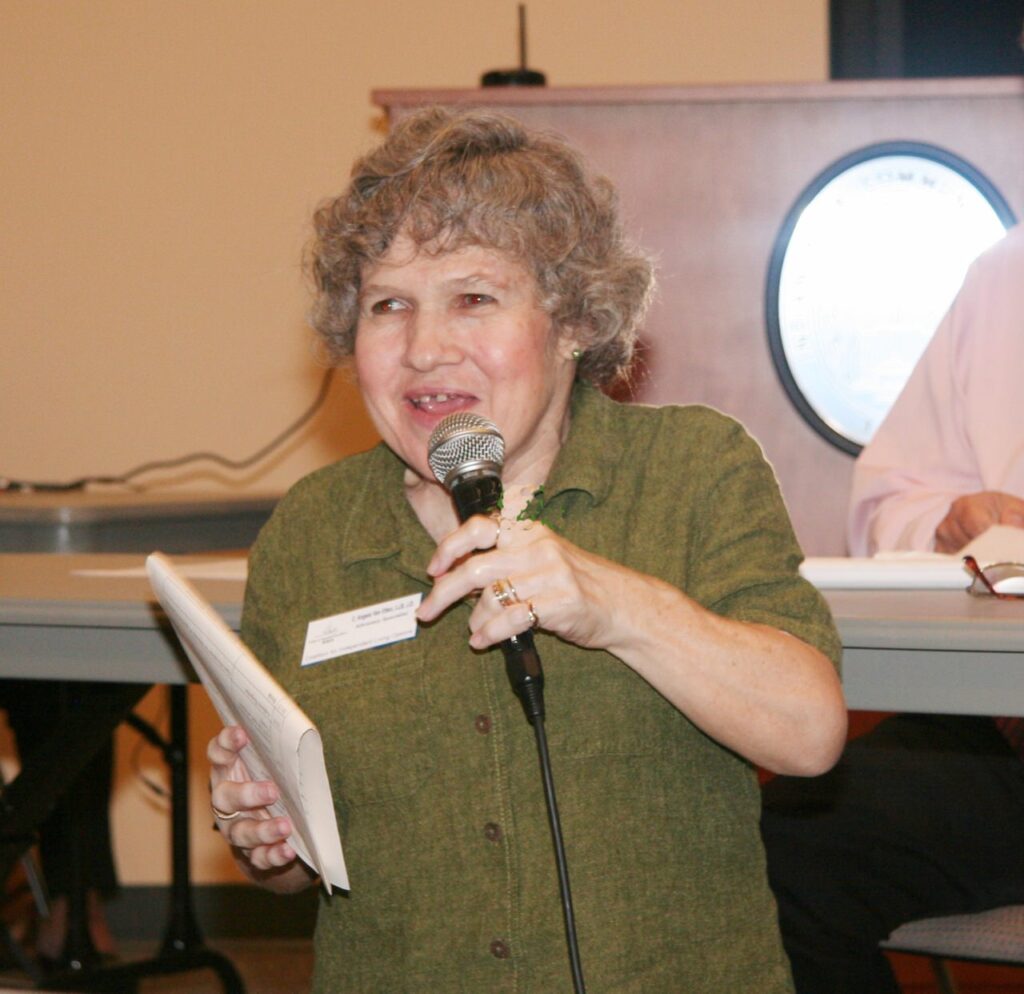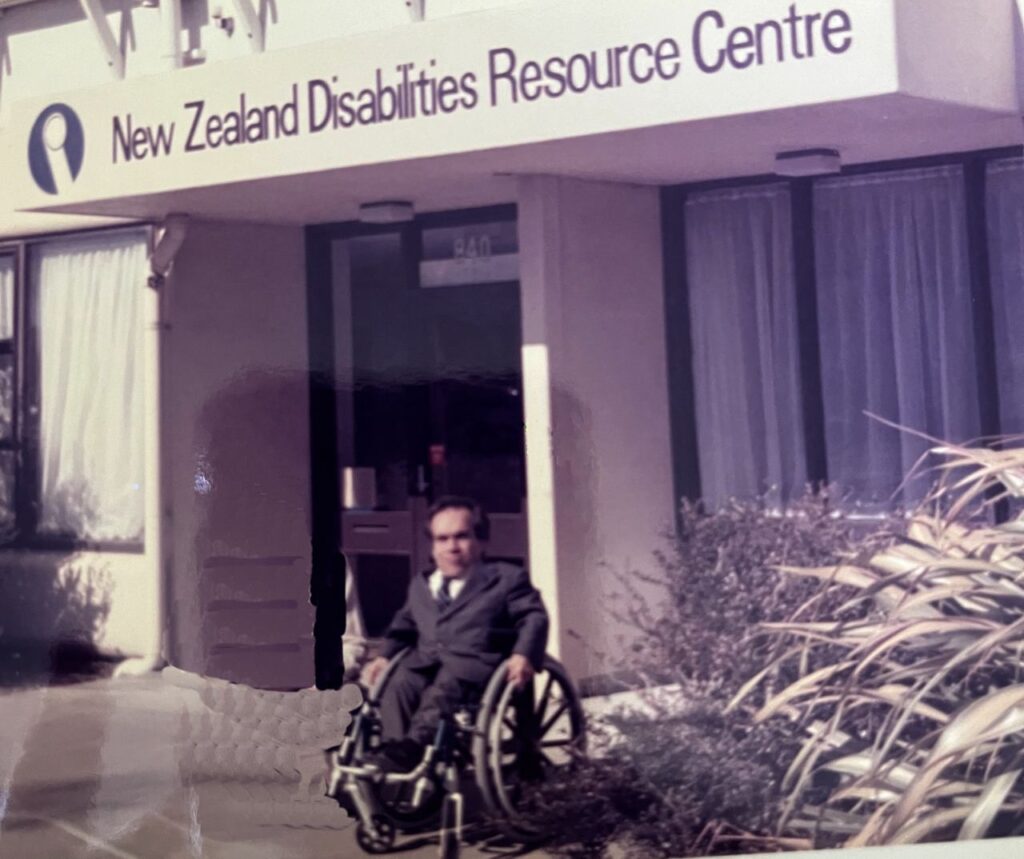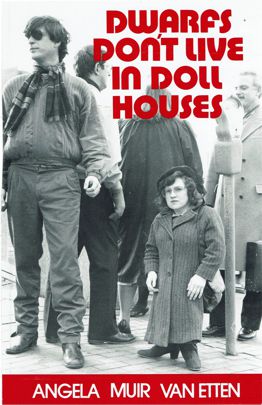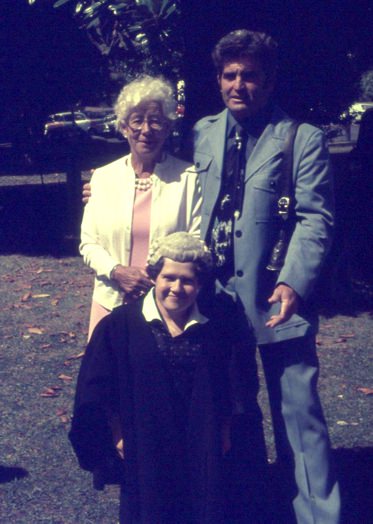
The Americans with Disabilities Act (ADA) requires employers to provide reasonable accommodations for employees with disabilities. Despite this mandate being in effect for more than a generation, 29,000 plus charges of disability discrimination were filed in 2023. The Equal Employment Opportunity Commission (EEOC)—the agency responsible for enforcing ADA employment cases—reports this statistic as a 25-year high!
Following this shameful record, EEOC General Counsel Karla Gilbride lamented:
Want to subscribe to receive blog updates sign up today!
“The ADA has been the law of the land for nearly 35 years, but unfortunately many qualified individuals with disabilities still aren’t getting the common-sense accommodations they need in order to do their jobs and be fully included in the workplace.”
I 100% agree; accommodating a person’s disability is a matter of common sense! Long before federal law required employers to provide reasonable accommodations, I received two accommodations: one I needed, one I did not. Onsite parking was the accommodation I did need since I couldn’t walk the distance from the public parking lot. Even though onsite parking was reserved for managers, the problem was solved when a manager who did not drive to work allowed me to park in her space.
The accommodation I did not need mysteriously appeared one day in the bathroom—the installation of a kindergarten height toilet designed to accommodate my height of 40 inches! I was transported into the fantasy land of Goldilocks and the Three Bears: one for papa bear (wheelchair height), one for mama bear (regular height), and one for baby bear (my height).
Although I had been on staff for several months, I had to ask, “What does the company think I’ve been doing when I needed to use the bathroom?” No doubt the accommodation was well intentioned, but it made for good employee policy manual material: “Always ask the person with a disability before making an accommodation.” To top it off, the baby bear toilet was too low and actually more difficult for me to use.
I was able to avert another employer misstep when a rear entrance renovation was in progress. After learning that a security card reader was being installed, I met with the project manager to ensure that the reader was set at a height I could use independently. He told me not to worry the reader would be set at 48 inches as required by the accessible section in the building code. However, I told him this was too high for me and the reader needed to be set at 42 inches. It was common sense for me to make my need known before the employer installed the reader six inches above my reach. Speaking up before installation meant the accommodation did not cost the employer any extra money.
Other common sense, zero cost accommodations included: (1) removing the legs from my desk; (2) adding an extension to the cord on my office window blinds; (3) using the freight elevator to the cafeteria; and (4) preparing an emergency evacuation plan for a safe exit from the seventh floor.
What common sense job accommodations have you requested?
You may also want to read:
“PASS ME YOUR SHOES: A Couple with Dwarfism Navigates Life’s Detours with Love and Faith” by Angela Muir Van Etten, https://angelamuirvanetten.com/pass-me-your-shoes/
For additional resources go to:
- “Enforcement and Litigation Statistics: Disability.” 2023. Equal Employment Opportunity Commission. https://www.eeoc.gov/data/enforcement-and-litigation-statistics-0
- Job Accommodation Network, a service of the U.S. Department of Labor’s
Office of Disability Employment Policy (ODEP). https://askjan.org
- EEOC Disability-Related Resources. https://www.eeoc.gov/eeoc-disability-related-resources.



